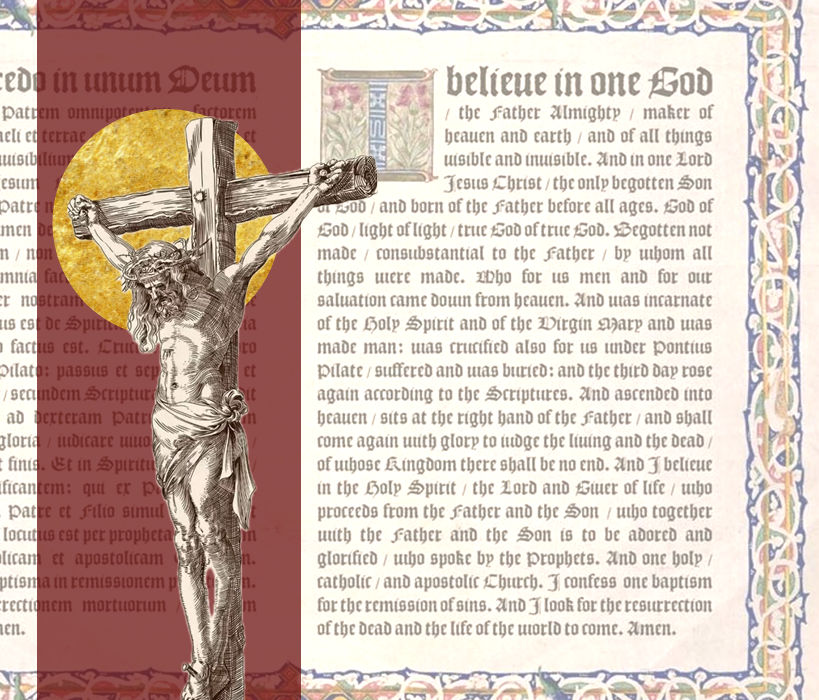Everything for a Reason: Why We Say What We Say
A Series on the Nicene Creed (Part 2)
Last month we began what I hope will be an interesting series of Newsletter articles that will endure for the remainder of the year on the reason why we say some of the things we say in the Nicene Creed, since this year is the 1700th anniversary of its composition and acceptance by the Church. Last month we looked at the words I believe. This month, we will briefly study the phrase that soon follows,
‘maker of heaven and earth.’
It would seem obvious to us that if we are to profess belief in one God, then that God is obviously the maker, the creator, and of course if He is the creator, He is the creator of everything, both things in heaven, and on earth. So why did the Fathers at Nicaea believe that this needed to made explicit?
It turns out, they did need to make it explicit! The earliest heresy in the Church after the writing of the New Testament was something known as Gnosticism, which, very broadly, was the belief that there was a secret knowledge that Christ left behind to be known only by a certain elite among Christians that was intentionally withheld from the common believer. This secret knowledge, called gnosis, was supposed to come from a deity even higher up than the God of the Bible, the true God, usually referred to simply as ‘The Fullness’ or ‘The Deep.’
Part of this gnosis was that the God of Genesis, who created the visible world in six days, was actually not the true God above all gods, but rather an imposter, called the demiurge, which means, more-or-less, a ‘contract construction worker.’ This demiurge was ejected from heaven, and in a form of rebellion desired to create a replica of the heavenly realm. However, being foolish, he could not really recreate heaven, and so he made a crude imitation, what we now think of as the earth. The Gnostics argued that those who had the true hidden knowledge of the real God, of ‘The Deep,’ would reject the demiurge as well as the entire visible, created world, and seek their home and their salvation in the separate spiritual world above.
In rejection of this fantasy, the Fathers found in necessary to make clear that the true God is the one and only source and origin of all things, both those things that are in heaven and those things that are on earth. At the end of the day, this is simply an explanation of what comes before it, ‘I believe in one God.’ There is only one God, and beside him, there is no other.



